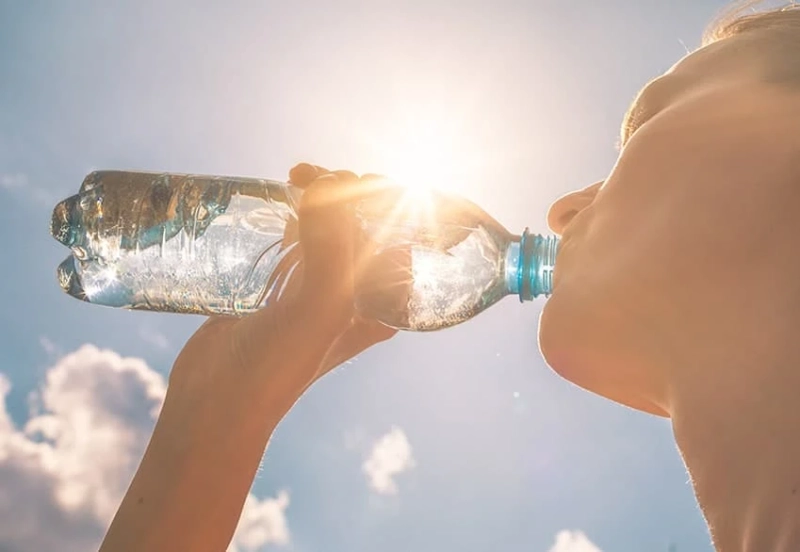Overhydration Symptoms: 9 Signs of Drinking Too Much Water
When overhydration is rapid, vomiting and loss of balance may occur. If the condition of overhydration worsens, confusion, seizures, or coma may develop.


When overhydration is rapid, vomiting and loss of balance may occur. If the condition of overhydration worsens, confusion, seizures, or coma may develop.

